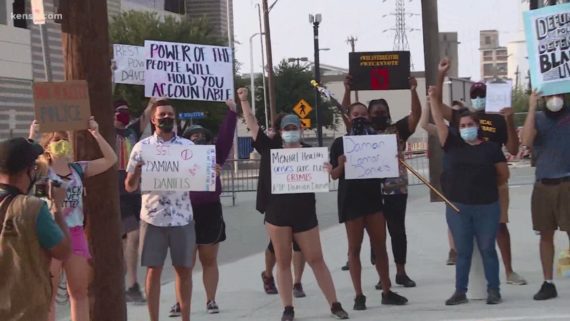
(6-3-21) When it comes to employee happiness, the federal agency responsible for mental illness and substance abuse programs has historically ranked at the bottom of federal polls – even years before COVID. A SAMHSA officials says it will be up to middle-management to find ways to boost morale. As with all guest blogs, the opinions are solely those of the writer.
SAMHSA’s Important Work Can Be Strengthened with Cultural Change
Guest blog by Mitchell Berger
For a decade the Substance Abuse and Mental Health Services Administration (SAMHSA), an operating division of the Department of Health & Human Services (HHS), has ranked near the bottom of the Partnership for Public Service’s Best Places to Work in the Federal Government which is based on data from the annually administered Federal Employee Viewpoint Survey.1
Currently, with the 2020 results pending, the Agency ranks number 417 out of 420 among Agency components and subcomponents.2
The federal government’s lead organization for mental health and substance use disorder must be at its best to effectively serve the vulnerable and traumatized populations that are the central focus of its mission. 3,4
In my view, the ultimate key to potential improvement at SAMHSA lies with its ‘middle management’ layer– the branch chiefs, team leads, office directors, special experts, senior advisors and division directors, and their equivalents — that layer of management which is most numerous and comprises those with whom SAMHSA staff most typically and frequently interact. 5,6
It is to these mangers whom many staff look day-to-day for guidance and leadership.





